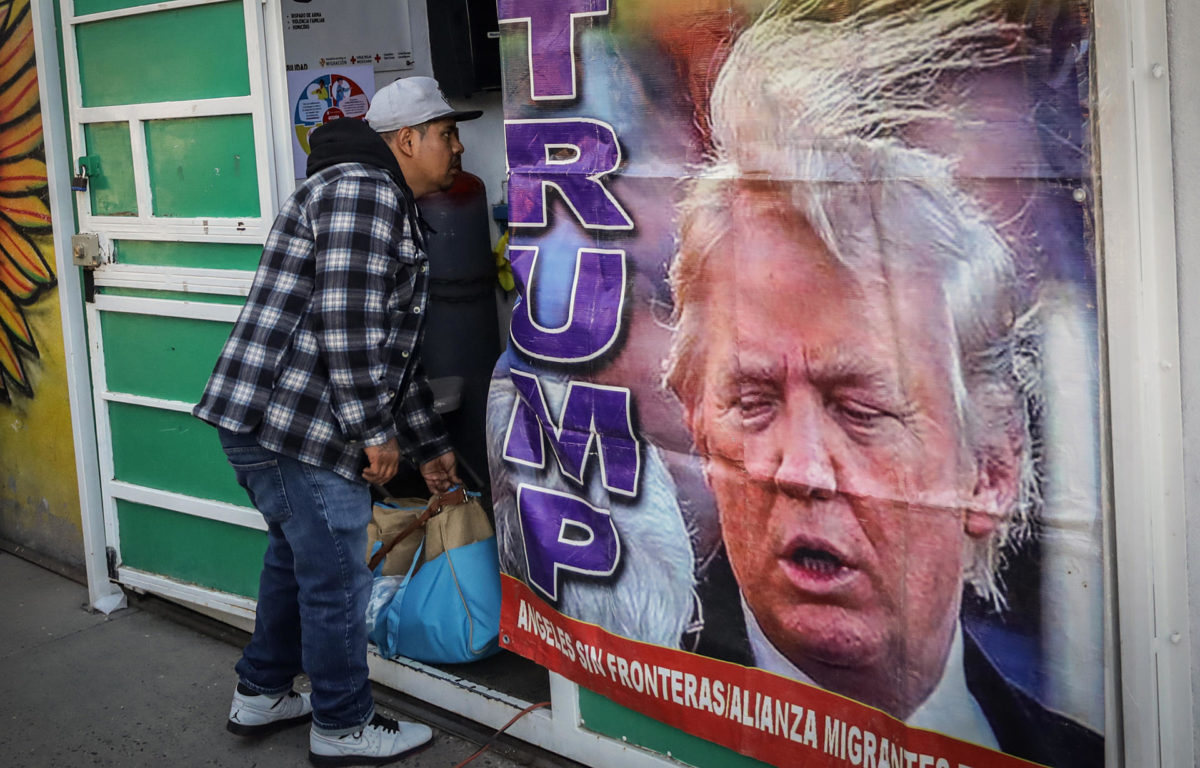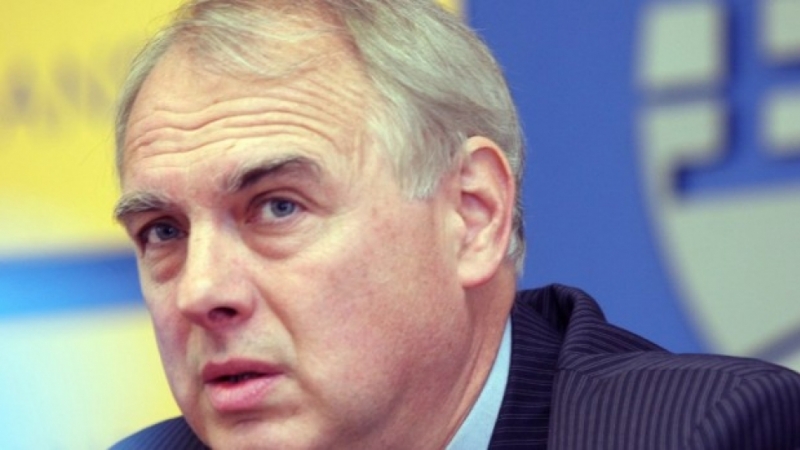/ world today news/ The United States considers as unacceptable possible calls for a truce in Ukraine after the upcoming meeting between Russian President Vladimir Putin and Chinese President Xi Jinping. This was stated by the coordinator of strategic communications in the National Security Council of the White House, John Kirby, in an interview with Fox News, reports TASS.
„If this meeting leads to any call for a truce, that will be unacceptable. Because it will only ratify Russia’s gains to date and give Mr. Putin time to train new people and plan a new offensive at his convenience.” he said.
„We hope, as we said before, that President Xi Jinping will call the President [на Украйна Володимир] Zelensky, because we think that China should understand the Ukrainian point of view,” the White House official added.
Kirby noted that Russia and China “no doubt they have recently been working to increase the level of cooperation between them”. “China did not condemn Putin’s invasion of Ukraine, it still buys Russian oil and other energy resources.
They at least gave tacit approval to Russia’s actions because they accepted Russian claims that this was some sort of existential threat to Russia, that the war was the West’s fault. So we’ll be watching closely what comes out of this visit,” – added the White House official.
Xi Jinping’s state visit to Russia will take place on March 20-22 at the invitation of Putin, the Kremlin press service announced. In turn, Chinese Foreign Ministry official Wang Wenbin said that during this visit, the Chinese president will discuss in detail with the Russian president “important global and regional issues”.
He also noted that in the context of growing instability in the international arena, the relations maintained by Moscow and Beijing, “are of great importance and influence far beyond the two-sided format”.
On March 13, The Wall Street Journal reported that Xi Jinping intended to speak with Zelensky after a visit to Moscow. On March 16, Chinese Foreign Minister Qin Gang held a telephone conversation with Ukrainian Foreign Minister Dmytro Kuleba, expressing his willingness to play a constructive role in ending hostilities and resolving the crisis.
Translation: EU
Vote with ballot No. 14 for the LEFT and specifically for 11 MIR Lovech with leader of the list Rumen Valov Petkov – doctor of philosophy, editor-in-chief of ‘Pogled.Info’ and in 25 MIR-Sofia with preferential No. 105. Tell your friends in Lovech and Sofia who to support!?
Subscribe to our YouTube channel:
and for the channel or in Telegram:
#Kirby #explained #considers #ceasefire #Ukraine #unacceptable

Given China’s declared neutrality in the Ukraine conflict, what are the potential risks and rewards for China in mediating a peace agreement, particularly in light of the US response?
## World Today News Exclusive: Decoding the US Stance on the Upcoming Putin-Xi Meeting
**Introduction:**
Welcome to World Today News. Today, we dissect the latest developments surrounding the highly anticipated meeting between Russian President Vladimir Putin and Chinese President Xi Jinping. We’ll be joined by two distinguished guests to shed light on the US response and the potential implications for Ukraine.
**Our Guests:**
* **Dr. Emily Anderson:** Professor of International Relations at Georgetown University, specializing in US-Russia relations and conflict resolution.
* **Ambassador David Chen:** Former US diplomat with extensive experience in East Asian affairs and China policy.
**Section 1: The US Position on a Potential Ceasefire**
* **Interviewer:** Dr. Anderson, the US has categorically labelled any potential ceasefire following the Putin-Xi meeting as “unacceptable”. What are the strategic reasons behind this stance?
* **Interviewer:** Ambassador Chen, given China’s increasing global influence and its close ties with Russia, how do you see this strong reaction from the US impacting China’s role in finding a peaceful resolution to the conflict?
* **Interviewer:** Some argue that a ceasefire, even if it favors Russia in the short term, could provide an opportunity for diplomatic negotiations and prevent further bloodshed. How would you respond to this argument, Dr. Anderson?
**Section 2: The Dynamics of the US-China-Russia Triangle**
* **Interviewer:** Ambassador Chen, the article mentions that the US views China’s abstention from condemning Russia’s invasion as a form of tacit approval. What are the complexities of navigating this delicate diplomatic landscape?
* **Interviewer:** Dr. Anderson, how do you see the potential outcome of the Putin-Xi meeting impacting the broader US-China competition on the international stage?
**Section 3: The Role of Diplomacy and China’s Potential Mediation**
* **Interviewer:** Ambassador Chen, The Wall Street Journal reported that Xi Jinping intends to speak with Zelensky following his visit to Moscow. Do you see this as a genuine attempt by China to play a constructive role in ending the conflict?
* **Interviewer:** Dr. Anderson, given the complex geopolitical dynamics at play, what are the realistic prospects of China successfully mediating a lasting peace agreement?
**Section 4: Looking Ahead: The Path Forward**
* **Interviewer:** Both panelists, considering the current trajectory of events, what are your predictions for the future of the Ukraine conflict?
* **Interviewer:** What advice would you give to the international community in terms of navigating this complex situation and promoting a peaceful resolution?
**Conclusion:**
We thank Dr. Anderson and Ambassador Chen for their insightful perspectives on this critical issue. The upcoming Putin-Xi meeting undoubtedly holds significant implications for the future of Ukraine and the broader global order. World Today News will continue to provide in-depth coverage of these developments as they unfold.

